3rd March is World Wildlife Day, a United Nations (UN) event dedicated to raising public awareness of endangered species and the power of conservation efforts to effect change.
“Over 8,400 species of wild fauna and flora are critically endangered, while close to 30,000 more are understood to be endangered or vulnerable.”
International Union for Conservation of Nature (IUCN) Red List of Threatened Species
United for Wildlife
The founder of United for Wildlife, Prince William, is motivated to terminate the damaging impact of the illegal wildlife trade. According to the UN Convention on International Trade in Endangered Species (CITES), this crime is worth up to $20 billion annually and is associated with violent crime, corruption, and other forms of trafficking. To give you a better insight into just some of the crimes, more than 20,000 African elephants are illegally killed each year for trade in their tusks, and nearly three rhinos are poached each day in South Africa alone for their horns.
Here’s what Prince William has to say about his incentive to create the organisation.
“I for one am not willing to look my children in the eye and say that we were the generation that let this happen on our watch.”
Prince William
Our Ecologi Support
Our membership with Ecologi supports a variety of environmental projects, from generating energy with solar panels to producing wind power for countries around the globe. On this important day, we’re going to delve into the Ecologi projects that we’ve helped fund in aid of wildlife preservation.
Conserving Rainforest in the Western Amazon
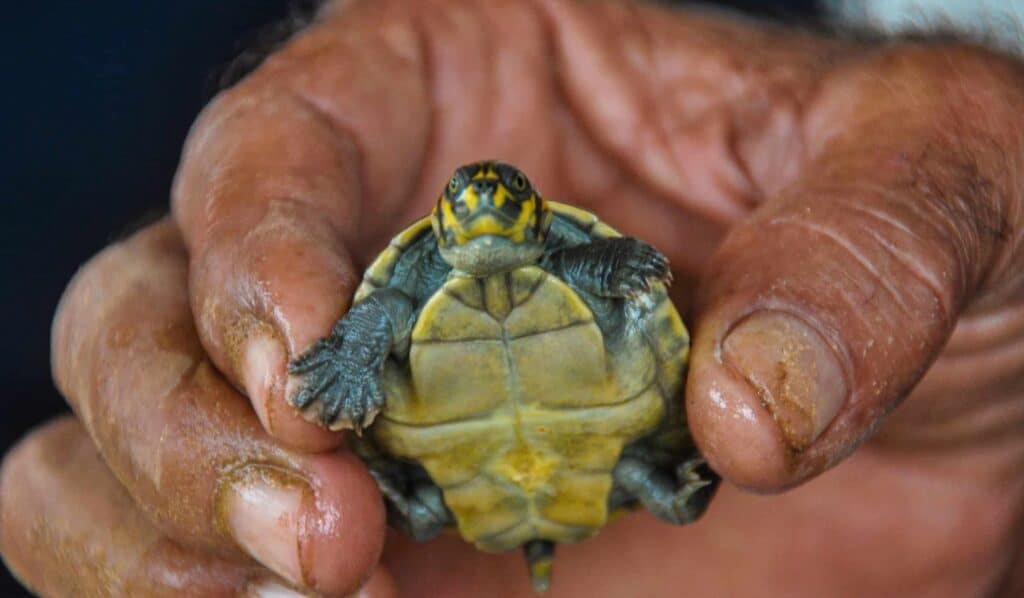
Unfortunately, according to Ecologi, “20% of the Brazilian Amazon rainforest was lost between 1975 and 2018”. This is due to factors such as oil and gas production, mining, logging, and infrastructure.
Ecologi’s main mission with this project is to protect and conserve tropical forest in Acre, Brazil.
“The project operates through a number of schemes to support and train forest guards, educate and support the local community, assist local people in securing land tenure, and provide training to local farmers.”
Ecologi
Peatland Restoration and Conservation in Indonesia
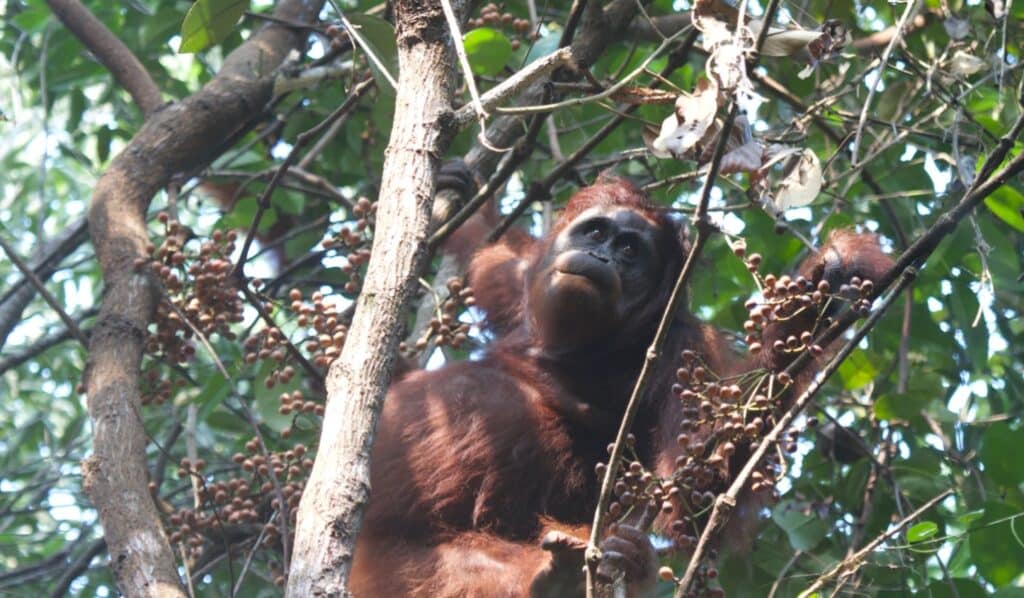
Peat is a swampy, water-logged soil that is made through the slow accumulation of dead trees, plants, and other organic material which can only partially decompose due to the volume of water these habitats contain.
Because of this water, organic material, such as plants and dead trees, can only be decomposed partially. This means that when the peatlands are cleared, drained, or burned, the carbon stored within them is released into the atmosphere as carbon dioxide.
“Indonesia contains some 36% of the world’s tropical peatlands, however, they are increasingly being destroyed to make room for plantation crops, including oil palm and acacia.”
Ecologi
Ecologi’s solution to this issue: The Katingan Restoration and Conservation Project. This project is located within the districts of Katingan and Kotawaringin Timur in the Central Kalimantan Province of Indonesian Borneo. This project intends to protect and restore 149,800 hectares of peatland ecosystem.
Protecting Lowland Peat Forest in Indonesia
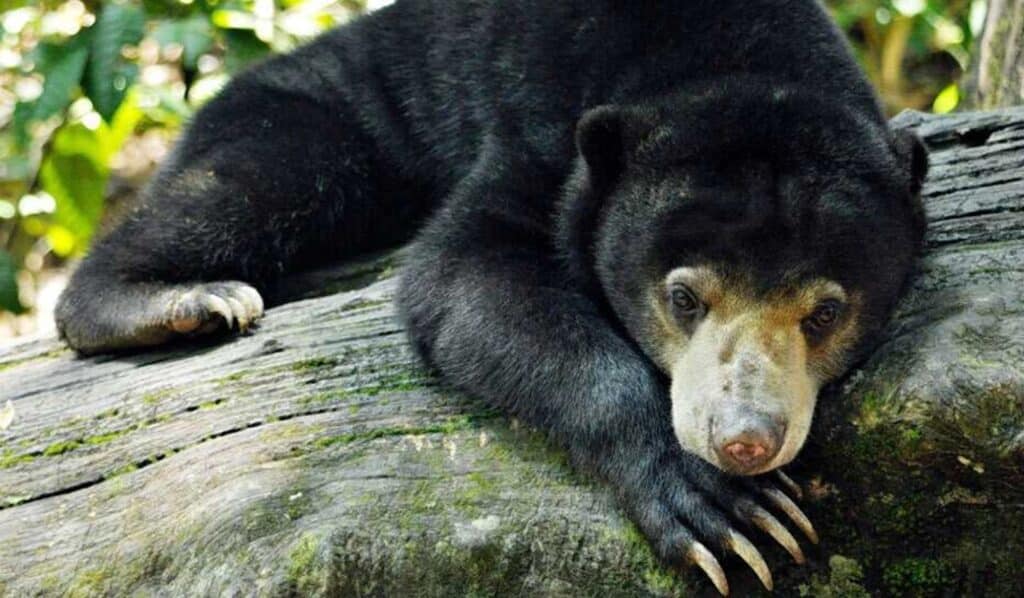
“It is estimated to reduce over 3.5 million tonnes of emissions per year through preventing the clearing of the peatland.”
Ecologi
Protecting and Restoring the Pacific Coast of Colombia
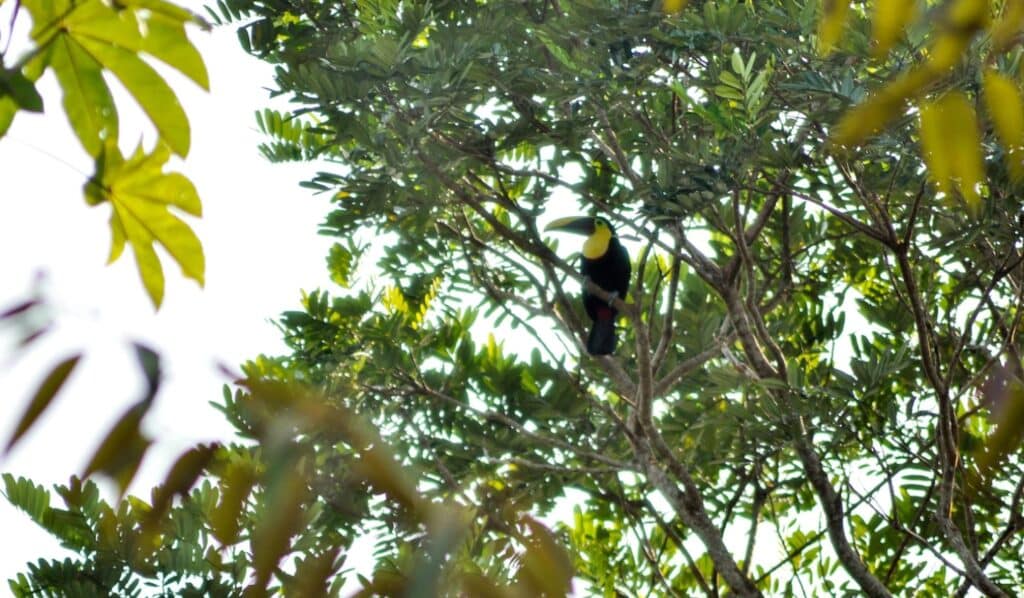
“The Pacific Region of Colombia alone provides a home to 831 bird species, 195 amphibians, 167 mammals, 210 reptiles, and 5,124 plant species.”
Ecologi
Due to illegal logging, the forests in this region have experienced a continued reduction in biomass. Ecologi’s resolution to this conflict is the REDD+ project based within the biologically diverse Chocó-Darién bioregion. Tackling the issue of deforestation, this project has a mission to reduce illegal logging at a local level, and protect and restore 83,452 hectares of land.
“This project activity will contribute to conservation of the region’s rich biodiversity, through long-term improvements to the extent and connectivity of natural forest cover.”
Ecologi
Preventing Deforestation in the Democratic Republic of Congo
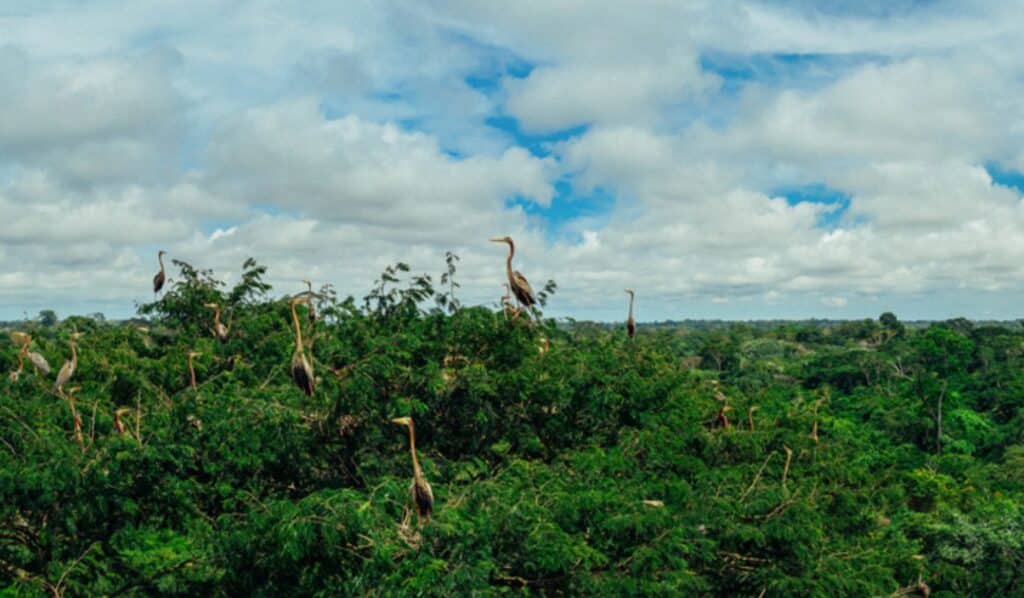
“This rainforest not only provides vital habitat for wildlife in the area, but also serves as a crucial carbon sink for the world, removing over 800 million tonnes of CO₂e per year from our atmosphere from 2001 to 2021.”
Ecologi
Due to key drivers contributing to deforestation and degradation with logging, unsustainable fuel wood extraction, and slash and burn agriculture practice, the rainforest is in jeopardy. Ecologi’s solution is a project which strives to protect 248,956 hectares of forest from these harmful acts.
“On average, the project will be credited with reducing 5,671,613 tonnes of CO2e emissions per year throughout the project’s 31 year lifespan, totalling over 175 million tonnes of avoided emissions!”
Ecologi
Further information
If you are fascinated about our work with Ecologi and would like to find out more, check out the following blogs.
- Our Favourite Ecologi Projects of 2022
- An Overview of Carbon Neutrality and Net Zero
- Help the Environment – The Big, Green Challenge
- Ecologi Projects: Where Your Money Goes, Trees Grow
- From sapling to forest, our foray into carbon offsetting with Ecologi
If you are interested in rescuing wildlife or supporting other sustainability projects, sign up to Ecologi using our link, or contact us.
- Tel: +44 (0)1992 661244
- Email: enquiries@avrion.co.uk
- Follow Us on LinkedIn
- Subscribe to our YouTube channel
- Contact us here



